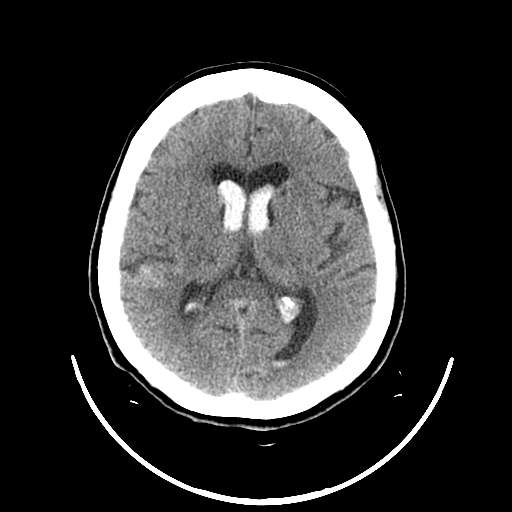Intraventricular Hemorrhage – the best treatment is at Dr Raos, Guntur
Introduction
Intraventricular hemorrhage (IVH) is a type of bleeding that occurs inside the ventricles of the brain. The ventricles are the four cavities in the brain that contain cerebrospinal fluid (CSF). IVH can occur in both infants and adults, but it is most common in premature babies and newborns. IVH is a serious condition that can lead to neurological problems and even death. Early diagnosis and treatment are essential for the best possible outcome. If you are looking for complete care of your cerebral or intracranial or intraventricular or brain hemorrhage, look no further than Dr. Raos hospital, the best neurosurgery, spine surgery, and neurology hospital in Guntur. Dr Rao is the best fellowship trained dual cerebrovascular neurosurgeon practicing in Guntur, and Call us @ 9010056444 or 9010057444 for your loved ones’ care.
intraventricular hemorrhage Risk factors
There are several risk factors for developing intraventricular hemorrhage (IVH).
These include:
-Prematurity: Babies born before 37 weeks gestation are at increased risk for IVH.
-Low birth weight: Babies who weigh less than 5.5 pounds (2.5 kg) at birth are at increased risk.
-Maternal age: Women over the age of 35 are more likely to have a baby with IVH.
-Preeclampsia: This is a condition that can occur during pregnancy and is characterized by high blood pressure and protein in the urine. Preeclampsia is a leading cause of IVH.
-Abnormalities of the placenta: If the placenta does not develop properly, it can lead to IVH.
-Infection: Infections during pregnancy can increase the risk of IVH.
Intraventricular hemorrhage causes
There are many possible causes of intraventricular hemorrhage (IVH), but the most common cause is head trauma.
Other possible causes include:
-Brain tumors
-Cerebral aneurysms
-Arteriovenous malformations (AVMs)
-Hypertensive encephalopathy
-Coagulopathies
-Infections of the central nervous system (CNS)
-Vascular abnormalities
Intraventricular hemorrhage Symptoms
The most common symptom of intraventricular hemorrhage (IVH) is a sudden onset of headache.
Other symptoms may include:
-Nausea and vomiting
-Sensitivity to light
-Blurred vision
-Seizures
-Coma
Intraventricular hemorrhage diagnosis
There are a few different ways that doctors can diagnose an intraventricular hemorrhage.
One way is through a computed tomography (CT) scan of the head, which will show any areas of bleeding in the brain.
Another way is through an magnetic resonance imaging (MRI) scan, which can provide more detailed information about the location and extent of the bleed.
In some cases, a lumbar puncture (spinal tap) may be done in order to collect cerebrospinal fluid (CSF) for analysis. This can help to rule out other causes of bleeding, such as an infection or a tumor.
If an intraventricular hemorrhage is suspected, it is important to seek medical attention immediately so that proper diagnosis and treatment can be started as soon as possible.
Intraventricular hemorrhage treatment
There are two main types of treatment for intraventricular hemorrhage: medical and surgical.
Medical treatment involves the use of medications to control the bleeding. This may include stopping the use of blood thinners, such as heparin, or anti-platelet medications, such as aspirin.
Surgery may be necessary to remove the blood clot and relieve pressure on the brain. This can be done through a procedure called a craniotomy, which involves making an incision in the skull to access the brain or through external ventricular drain placement.
The type of treatment that is best for a person with intraventricular hemorrhage will depend on the severity of their condition. In some cases, medical treatment may be all that is needed to control the bleeding. However, in more severe cases, surgery may be necessary to remove the blood clot and relieve pressure on the brain.
Conclusion
Intraventricular hemorrhage (IVH) is a serious complication that can occur after a head injury. Although the exact cause of IVH is not known, it is thought to be related to the rupture of small blood vessels in the brain. IVH can lead to significant neurological impairment and even death. Early diagnosis and treatment of IVH is essential for the best possible outcome. If you are looking for complete care of your cerebral or intracranial or intraventricular or brain hemorrhage, look no further than Dr. Raos hospital, the best neurosurgery, spine surgery, and neurology hospital in Guntur. Dr Rao is the best fellowship trained dual cerebrovascular neurosurgeon practicing in Guntur, and Call us @ 9010056444 or 9010057444 for your loved ones’ care.

